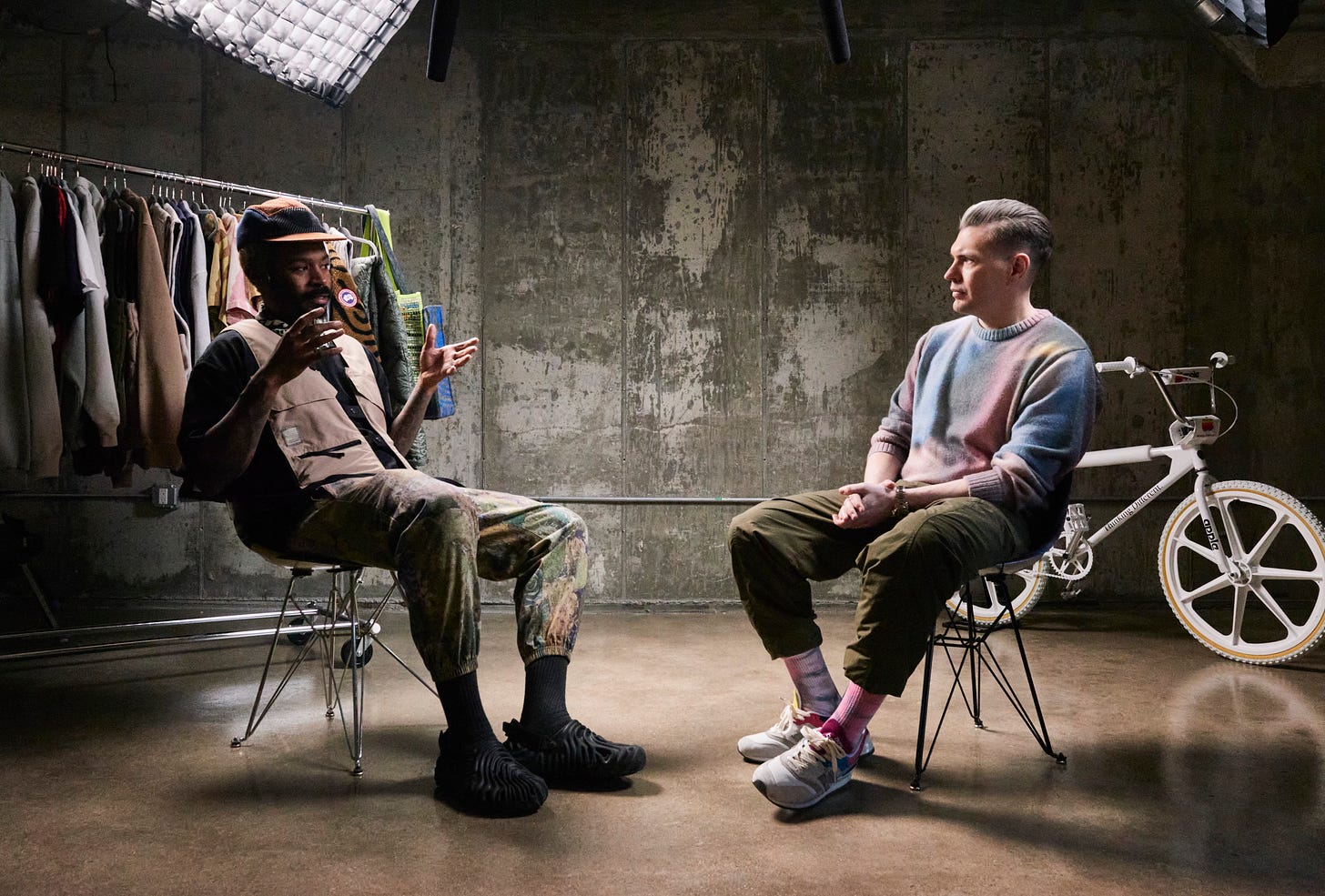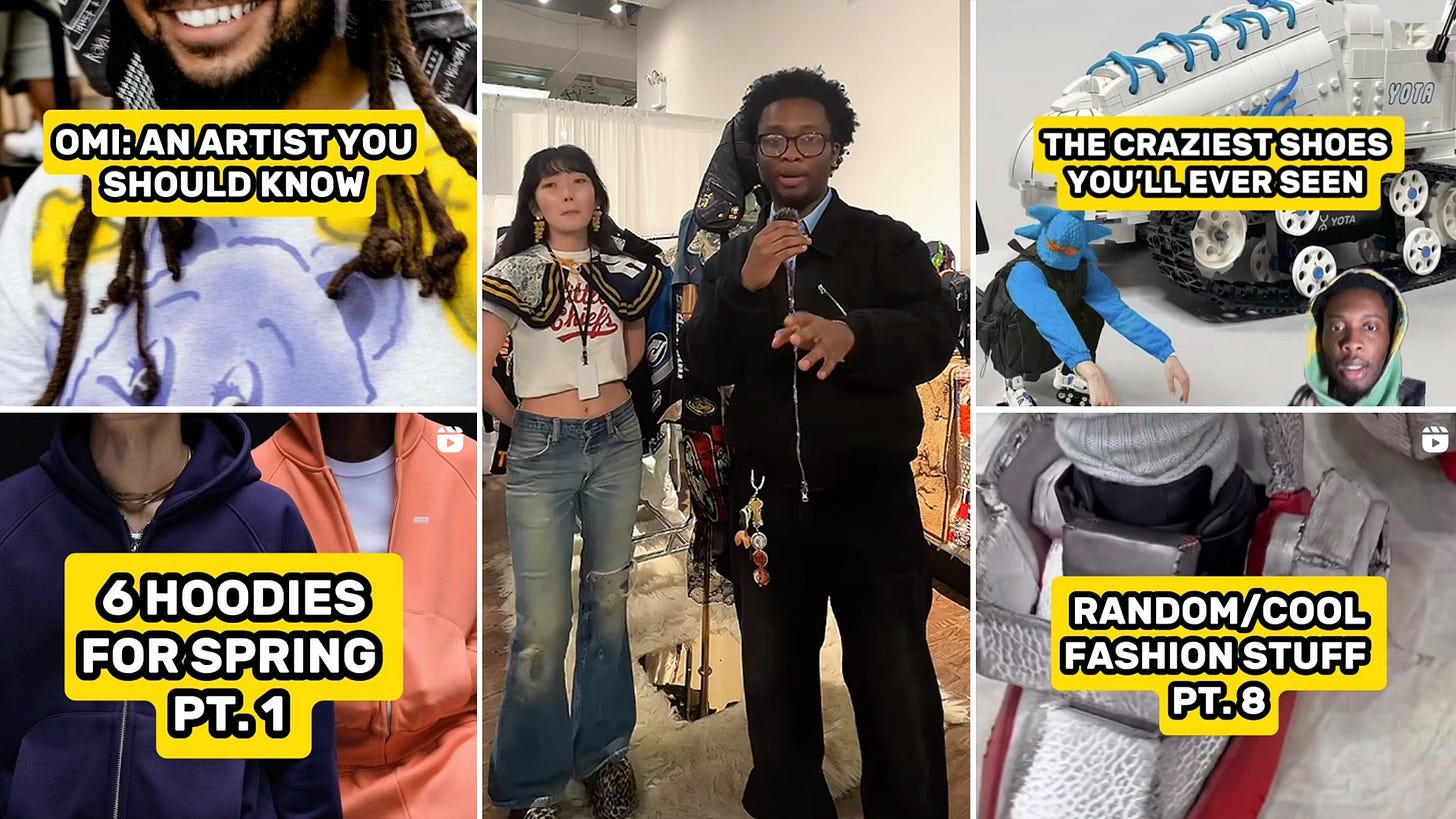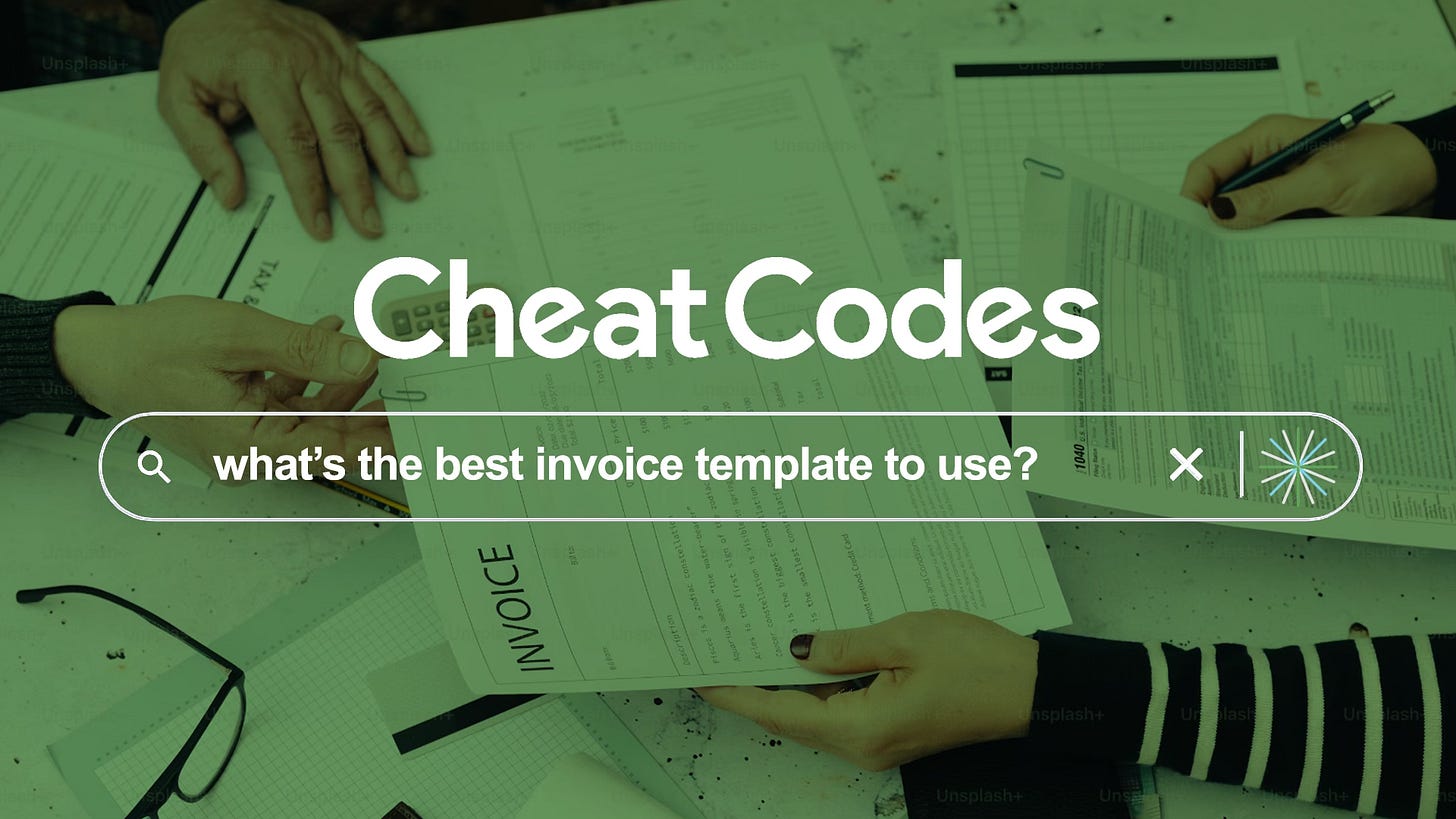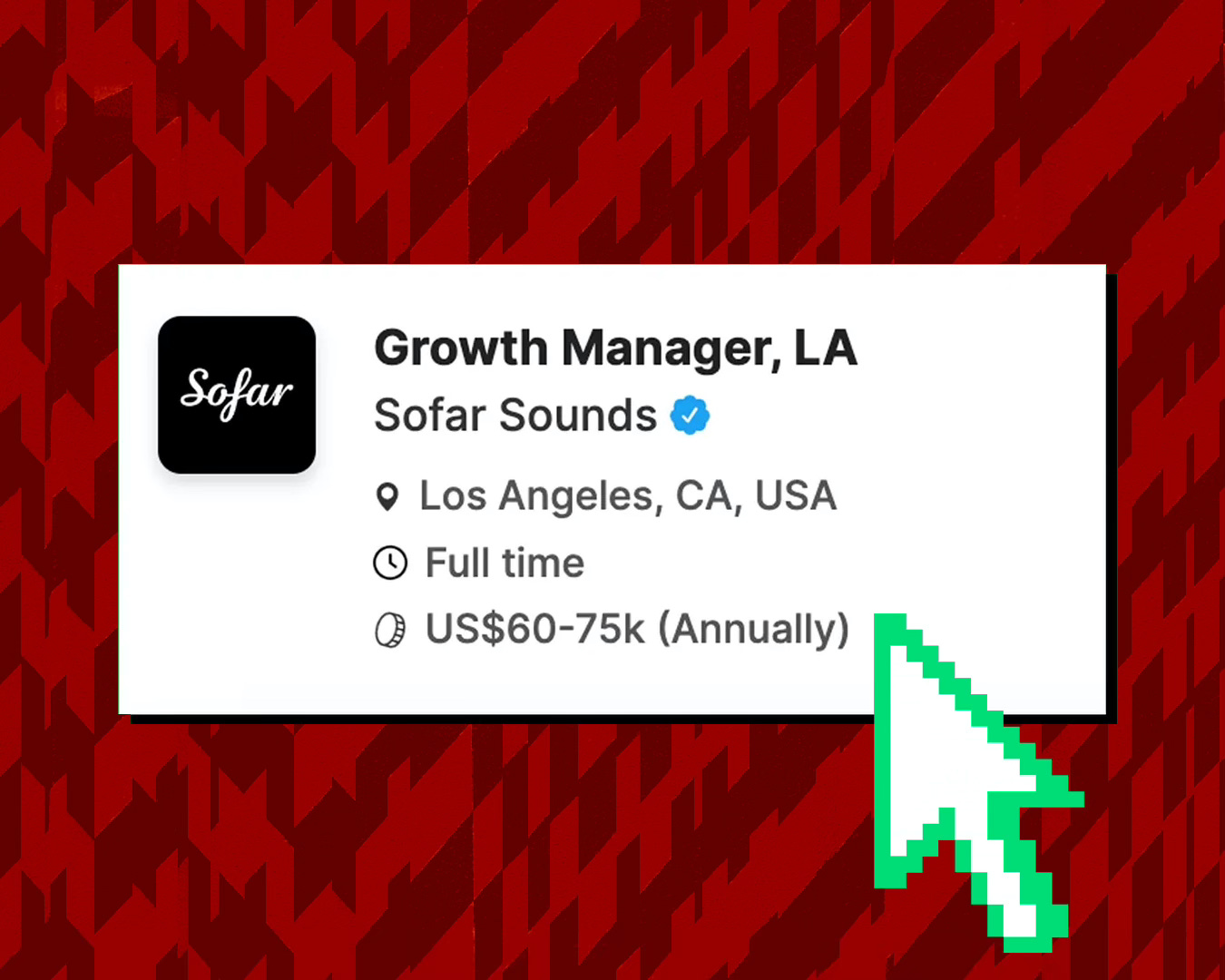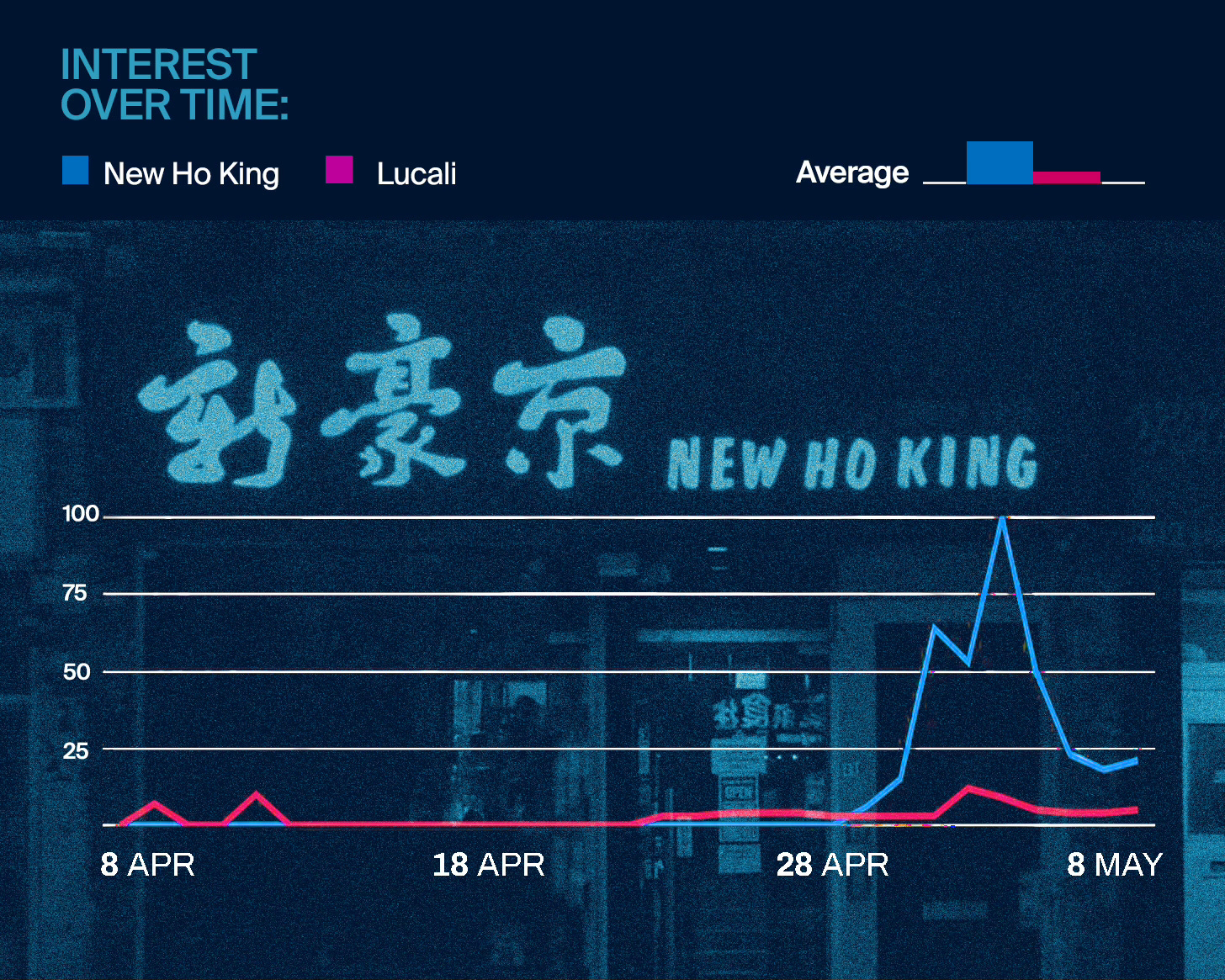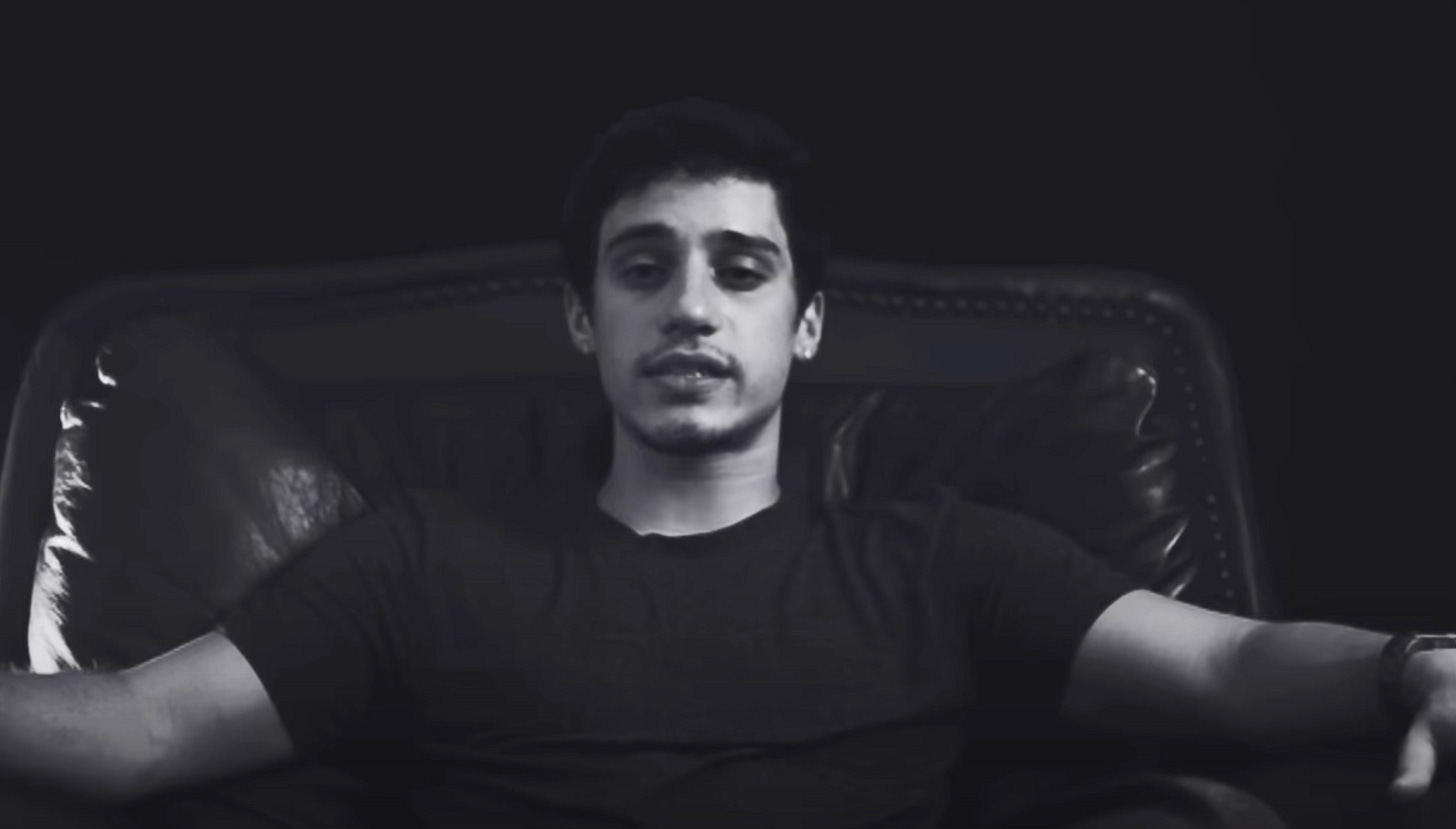Welcome to the first edition of The Spark, IDEA GENERATION’S weekly newsletter.
IDEA GENERATION was founded in 2021 as a place for creative professionals and aspiring creative professionals to exchange ideas about what it takes to make a living off the things you love.
What started as a TV show expanded to include social media and live events…
And now a newsletter.
In The Spark, we want to:
Share interviews with creators we admire
Showcase exciting projects from our audience
Report on industry news
Offer career opportunities
Provide a weekly dose of inspiration, education, and empowerment
Why are we making The Spark?
Because we’re always talking with creators who’ve made a living making cool things, and we want to share those conversations with other creators who are making cool things, but maybe haven’t figured out how to make a living off those cool things just yet.
So thank you for subscribing, or if you haven’t already, please smash the button below to officially get Sparked (Is that something we say now? Should we never say it again?)
📬 Want to submit your work to be featured in The Spark? Email us at thespark@ideageneration.com
__
This week we've got an interview with the boss man himself, founder of IDEA GENERATION, Noah Callahan-Bever, a young video creator pushing the boundaries of consistency, and some important tips for freelancers. Let’s go.
__
HOW'D YOU THINK OF THAT?!
Noah Callahan-Bever explains the origins of IDEA GENERATION.
Noah Callahan-Bever is the founder of IDEA GENERATION, his brainchild after two decades as a leading hip hop journalist at Complex, Mass Appeal, and Def Jam.
For our first interview we thought it would be fun to tap NCB to hear about the origins of IDEA GENERATION, get some advice for young content creators, and hear how his career first began.
Do you remember where you were when the idea for IDEA GENERATION first popped into your head?
It was a slow evolution. One day someone on the street recognized me from “Blueprint,” the show I did at Complex, and said some very kind things about how the Bobby Hundreds interview had been influential on them. Clearly “Blueprint” had touched a nerve and stories of how the titans of the creative industry had gotten their start really seemed to resonate with people.
Helena Ochs worked with me at Def Jam, and we started thinking, OK, “Blueprint” was just a show. What would a brand dedicated to that topic look and feel like? We started talking about all of the opportunities in the IRL space, and bringing it to life on social media and a potential slate of programming that we could build on YouTube or premium channels.
Content about entrepreneurship is obviously a crowded marketplace, but there wasn't anything tailored to helping creatives who want to navigate business on their own terms. You had very transactional people that taught you how to build any generic business. And then you had “Masterclass” skill-share type programs that were really about learning craft.
But I felt like there was this group of people who knew their craft and knew how to make what they wanted to make, but they didn't know how to commercialize it. They didn't know how to think about building their own brand around it.
And so from finding that white space in the market, we just reverse engineered what the show and what the platform and the suite of products would look like.
"There wasn't anything tailored to helping creatives who want to navigate business on their own terms."
What advice do you have for content creators trying to monetize their work?
It all starts with creating audience. The ability to create and move audience is the most valuable asset that any person or business or brand can have. And once you get people in the tent and they are fully locked in with you, then you can figure out the most elegant way to monetize that relationship.
But creating that trust between you and the audience is really the most sacred and most challenging part of the whole endeavor. Whether it's Mr. Beast or “Hot Ones” or Joe Budden, they all created this deep, deep affinity with a substantial audience. And then the monetization opportunities essentially presented themselves. And each of those creators were able to pick and choose the route of monetization that put the least friction on that relationship.
"The ability to create and move audience is the most valuable asset that any person or business or brand can have."
What was your first ever paid writing gig?
My first writing was unpaid. I was an intern at Ego Trip magazine and a gentleman named Riggs Morales had to bail on a Chubb Rock review last minute on a Friday afternoon. I happened to be standing next to [Ego Trip co-founder] Chairman Mao, who took the call and expressed modest frustration at having to reassign the review in the 11th hour. And I just said, “Hey, I could do that.” And he said, all right, we’ll just come in Monday with 300 words on the album and he gave it to me.
My first paid piece of writing was probably that summer. I worked at Vibe as a fact checker and had a very similar experience where I was rounding pages that I was fact checking and happened to drop off a page at the desk of Shani Saxon, who was the associate music editor at the time. And she was on the phone with a gentleman named kris ex—who I absolutely admire and adore, one of my favorite writers—who was politely pulling out of reviewing the second OC album, which was at the time a 400-word review.
And I just happened to be standing there in that moment. And Shani looked at me and said, “Hey, do you like OC?” And I was like, “Oh, I love the first album.” Then I went on to talk to her ear off for about five minutes just to show my general competency and working knowledge of Diggin’ in the Crates and OC and Buckwild, etcetera. And how much I liked the first single that DJ Premier had just put out from the record. And she was like, “Cool, write a review.”
I went home and cobbled together 400 of the best words that I could come up with, which was probably me looking at a dozen other 400 word reviews that had previously run in Vibe and trying to work backwards from figuring out the structure and format and then backing into that with my opinions and my thoughts about this record.
It went well enough that I got into a regular rotation and Shani and Sheena Lester, who was the music editor, started throwing me work on a regular basis.
Do you remember how much you got paid?
It was a dollar a word. So it was a $400 check. I was 17 so I was good for a month. I'm living at mom's house, the summer between high school and college, and that was like, unbelievable money.
__
CREATOR TO KNOW
Jamal Desroches (@Aracarrr) is a lesson in consistency.
Consistency is King: “Just Do It” is one of the all-time great marketing tag lines. It’s also a great mantra for creatives, especially if you Just Do It On a Schedule.
One of the basic tenets of creativity is consistency. Before he was one of the biggest rappers of the past decade, Russ famously posted a new song on SoundCloud a week for three years.
And then there’s Jamal Desroches.
In October, Jamal quit his job in tech, and vowed to post a video a day to Instagram covering one of his favorite topics, streetwear.
Since then Jamal has posted on over 200 consecutive days, amassed over 14,000 followers on Instagram, and caught the eye of NCB and the team. We met with Jamal and started working on some videos together.
Jamal’s motivation was simple:
“I didn’t want to live life with regret. This is something I always wanted to do.”
Follow Jamal on Instagram here.
__
CHEAT CODES
The search you didn’t know you needed.
When it comes to freelancing, invoicing can be one of the more frustrating parts of the process. Some things are out of control (looking at you, Net 90). But getting an invoice rejected because it doesn’t include all the necessary info is completely on you.
Here’s a template that covers all the basics.
Here are 3 of the most common reasons we’ve seen invoices get sent back.
Missing bank info. Including your bank name, account #, and routing # will get you paid the fastest through direct deposit.
Repeating invoice number. Each invoice needs a unique invoice number. This is necessary for the company, but also good for you and your own records.
Missing receipts. If part of your invoice included any sort of travel or supply purchase, include a picture of the receipt.
__
TAKE THIS JOB!
Cool job listings for creatives.
Looking for a job in music? Do you have 1-3 years of experience in sales, partnerships, promotions, marketing, and/or live events? Are you based in LA?
Then this Growth Manager job for Sofar Sounds, the intimate live music event producer, might be for you.
The main responsibility is to “Strengthen Sofar’s footprint” in their biggest markets.
Other responsibilities include building relationships with local organizations, promoting shows, and scouting unique spaces for possible Sofar shows.
Sound like you? Apply here.
__
THE BUSINESS OF BEEF
The Kendrick vs. Drake feud has multiple winners.
The Kendrick Lamar vs. Drake feud has been thoroughly dissected by now, but there are a few bars (and restaurants) we wanted to take a closer look at.
On “Euphoria” Kendrick shouts out Toronto restaurant New Ho King.
Drake then visits New Ho King in the “Family Matters” video.
On “6:16 in LA” Kendrick name drops Lucali, a pizzeria in Brooklyn.
We wondered, “Is a mention on some of the biggest diss records ever good for business?” The answer is a profound YES, as the interest in both spots has never been higher.
What’s the lesson here? If you’re a local eatery looking to drum up business, maybe put “rappers currently engaged in feuds eat free” on the sidewalk chalkboard.
__
KEEP SHOOTING
Your weekly reminder to keep going.
We mentioned Russ earlier, and his song a week schedule. Here’s the first song he ever released, back in December 2011.
“Velvet,” with the opening line “We were too young, but that didn’t stop us did it?” has 34,000 views since it was posted. Russ now boasts over 15,000,000 monthly listeners on Spotify. That’s something to be grateful for.




